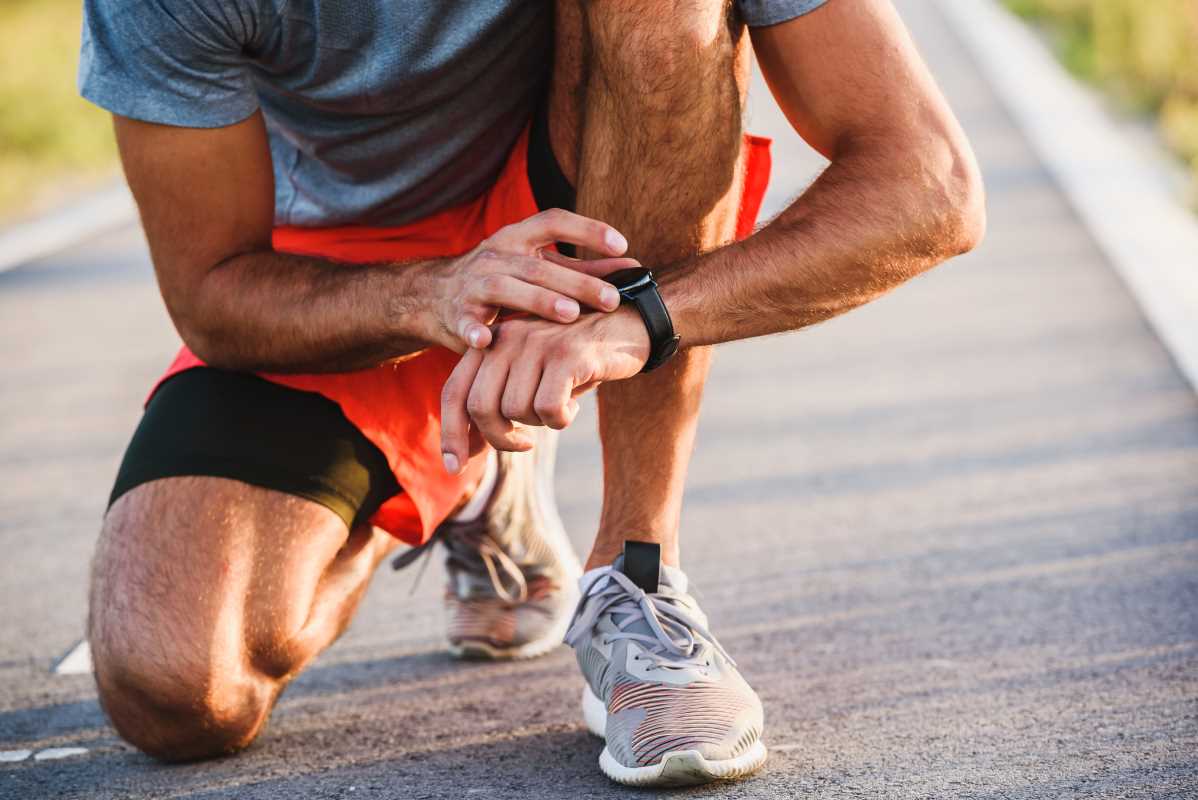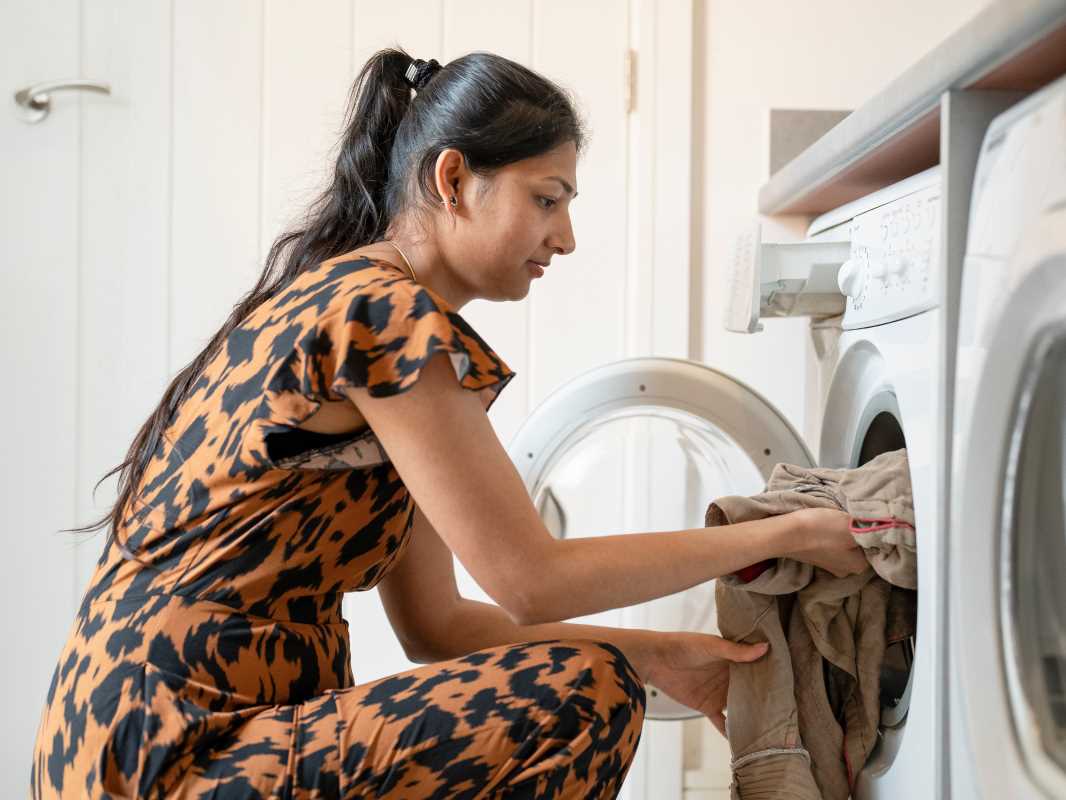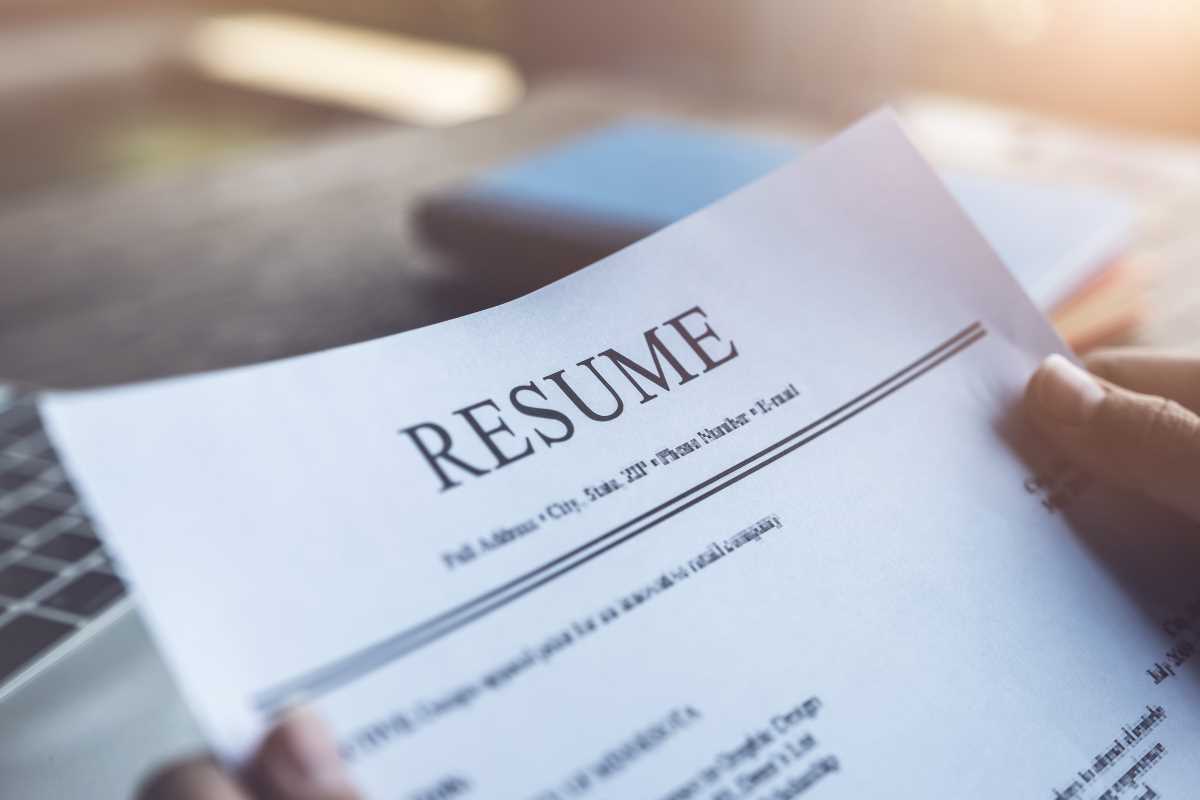Setting a new health goal is an energizing first step toward a better you. Whether you aim to lose weight, run a marathon, get more sleep, or simply drink more water, the initial motivation feels powerful. Maintaining that momentum over weeks and months is the real challenge. Without a clear plan and a way to measure your progress, even the best intentions can fade. This is where tracking comes in.
Tracking your health goals transforms abstract ambitions into concrete, actionable steps. It provides data-driven feedback, reveals patterns in your behavior, and offers the motivation needed to stay on course when enthusiasm wanes. The process of tracking keeps you accountable and makes your journey a series of small, manageable wins. Fortunately, an incredible array of digital tools and community resources exists to make tracking easier and more effective than ever.
Why Tracking is a Game-Changer for Health Goals
Before diving into the tools, it's important to understand why tracking is so effective. The simple act of recording your actions and outcomes has a profound psychological impact.
First, it creates awareness. You might not realize how many calories are in your afternoon snack or how little you move on a workday until you see the data in front of you. This awareness is the foundation for meaningful change. Second, tracking provides reinforcement. Seeing a graph of your miles run increase over time or watching your sleep score improve provides a tangible sense of accomplishment that fuels your desire to continue. Finally, it allows for adjustments. If you hit a plateau, your data can help you identify what isn't working so you can adjust your strategy and get back on track.
Top Apps for Comprehensive Health Tracking
Mobile apps have revolutionized health tracking, putting powerful monitoring tools right in your pocket. Here are some of the most effective apps for different types of health goals.
MyFitnessPal: For Nutrition and Calorie Tracking
MyFitnessPal is arguably the most popular app for tracking food intake, and for good reason. It simplifies the often-tedious process of logging meals and is an essential tool for anyone with weight loss, muscle gain, or specific nutrition goals.
Key Features and Benefits:
- Massive Food Database: Its database contains over 14 million food items, including restaurant meals and brand-name products. You can also scan barcodes for instant entry, making logging quick and easy.
- Macronutrient Tracking: Beyond calories, the app tracks your intake of protein, carbohydrates, and fats. This is crucial for those looking to build muscle or follow specific dietary plans like keto.
- Recipe Importer: You can paste a link to any recipe online, and the app will import the ingredients and calculate the nutritional information per serving.
- Integration: It syncs seamlessly with over 50 other fitness apps and devices, including Fitbit and Strava, to give you a complete picture of your calories in versus calories out.
How to Use it Effectively: Be consistent with logging, even on days you go over your targets. The goal is to collect data, not to be perfect. Use the "Recipe Importer" to ensure accuracy for home-cooked meals.
Fitbit: For Activity, Sleep, and Overall Wellness
Fitbit is known for its wearable devices, but its app is a powerful health dashboard even if you don't own one of their trackers (though it works best when paired). It provides a holistic view of your daily activity, sleep patterns, and other key health metrics.
Key Features and Benefits:
- All-Day Activity Tracking: The app tracks steps, distance, calories burned, and "Active Zone Minutes," which measure time spent in fat burn, cardio, or peak heart-rate zones.
- Advanced Sleep Tracking: When paired with a device, Fitbit provides a detailed breakdown of your sleep stages (light, deep, REM) and gives you a daily Sleep Score. This data is invaluable for improving sleep quality.
- Health Metrics Dashboard: It tracks long-term trends in metrics like breathing rate, heart rate variability, and skin temperature, which can offer insights into your overall wellness and potential signs of illness.
- Community and Challenges: You can connect with friends and participate in fun challenges to stay motivated and add a competitive edge to your fitness journey.
How to Use it Effectively: Set realistic daily and weekly goals for steps or Active Zone Minutes. Pay attention to your sleep data and experiment with your bedtime routine to see how it impacts your Sleep Score.
Strava: For Runners and Cyclists
Strava is the go-to social network for athletes, particularly runners and cyclists. It combines GPS activity tracking with social features, turning every workout into an opportunity to connect, compete, and get credit for your efforts.
Key Features and Benefits:
- GPS Tracking and Analysis: The app maps your runs or rides and provides detailed performance data, including distance, pace, elevation, and speed.
- Segments and Leaderboards: Strava's signature feature is "segments"—stretches of road or trail where users can compete for the fastest time. This gamification adds a powerful motivational element to your workouts.
- Social Feed: Your activities are shared to a feed where friends can give you "Kudos" (Strava's version of a "like") and leave comments, creating a supportive community atmosphere.
- Training Log: It keeps a comprehensive log of all your activities, making it easy to see your progress and total mileage over time.
How to Use it Effectively: Use the "Segments" feature to challenge yourself on local routes. Follow friends or local athletes to find new routes and stay inspired by their activities.
Habitica: For Gamifying Your Habits
If traditional trackers feel like a chore, Habitica offers a completely different approach. It turns your health goals and daily habits into a fantasy role-playing game (RPG). This unique system is perfect for anyone who needs a dose of fun to stay motivated.
Key Features and Benefits:
- Habits as a Game: You list your positive habits (like "workout for 30 minutes") and negative habits (like "eat junk food"). Sticking to good habits earns you gold and experience points to level up your character, while engaging in bad habits causes your character to lose health.
- To-Do and Daily Lists: You can also add one-time tasks and recurring daily goals. Checking off your dailies earns rewards, but failing to do so will damage your character.
- Team Up for Quests: You can join a party with friends to go on quests and battle monsters. The whole team's success depends on everyone keeping up with their habits, adding a layer of social accountability.
How to Use it Effectively: Start with a few key habits to avoid feeling overwhelmed. Join a party in the social guilds to find accountability partners who can help you stay on track.
Community and Offline Resources
Apps are fantastic, but human connection provides a level of support and accountability that technology can't always replicate.
- Local Fitness Groups: Search for local running clubs, hiking groups, or cycling clubs in your area. Many are free to join and offer scheduled group workouts for all skill levels. Websites like Meetup.com are a great place to find these groups.
- Online Forums and Communities: Platforms like Reddit have highly active and supportive subreddits for almost any health goal imaginable. Communities like r/loseit, r/C25K (Couch to 5k), or r/bodyweightfitness are filled with success stories, advice, and encouragement from people on the same journey.
- Your Own Social Circle: Don't underestimate the power of your friends and family. Share your goals with a trusted friend and ask them to be your accountability partner. A simple weekly check-in text can make a huge difference.







